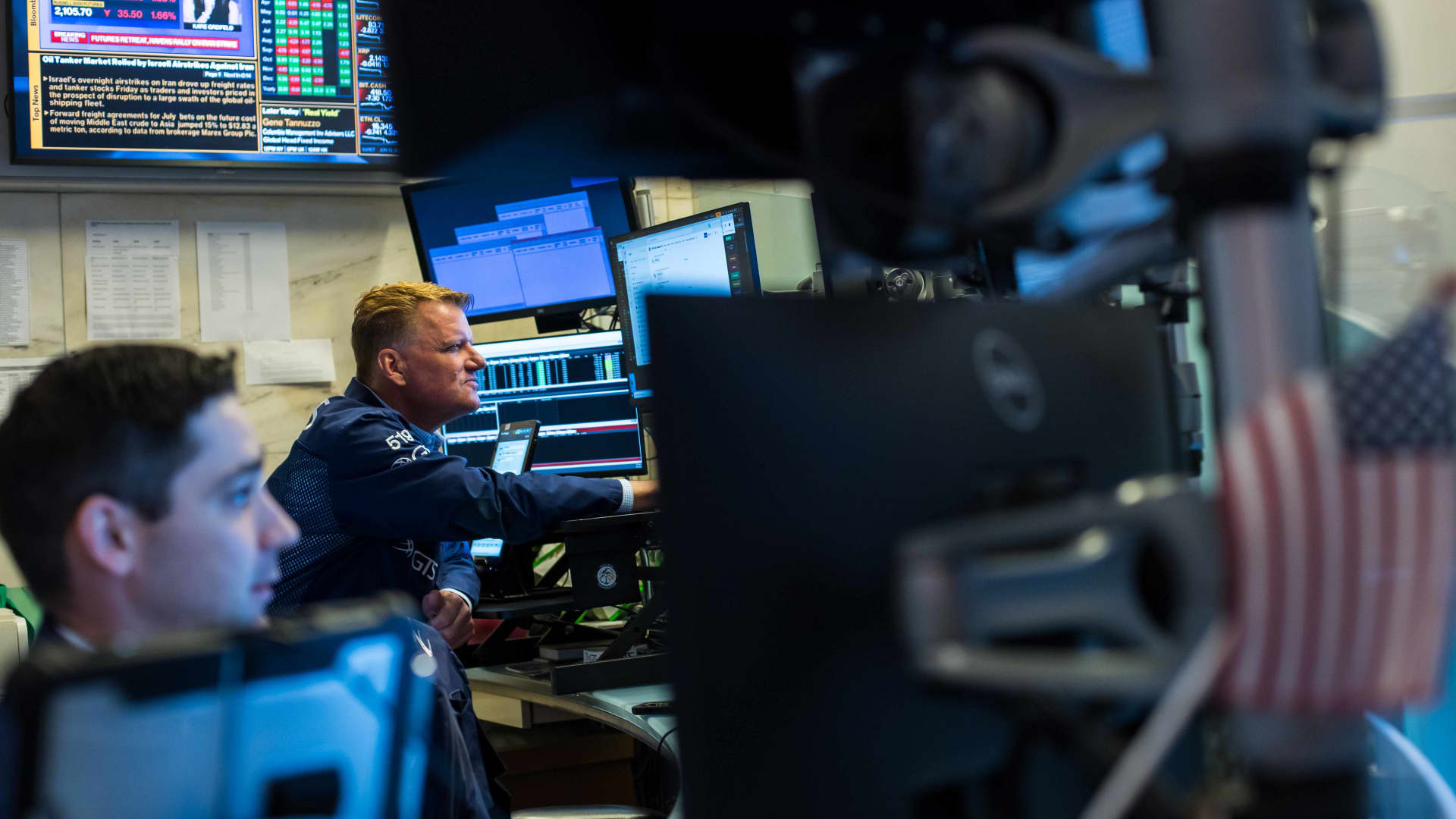The unemployment rate decreased from 3.9% to 3.8% in March. (iStock)
The unemployment rate decreased marginally in March to 3.8%, the Bureau of Labor Statistics noted in its Employment Situation Report. Last month, the unemployment rate sat at 3.9%. The rate dropped, in part, due to the additional 303,000 jobs added in March.
The unemployment rate hasn’t shifted much over the last few months. It’s been ebbing and flowing between 3.7% and 3.9% since August 2023.
Currently, there are 6.4 million unemployed people in the U.S. The number of long-term unemployed people — those who have been jobless for at least 27 weeks — reached 1.2 million this month, barely changing since February.
The industries that saw the largest gains include health care, government and construction. The healthcare industry added 72,000 jobs, which is higher than the average monthly gain of 60,000 over the last year.
The U.S. government added 71,000 jobs, also higher than the average in the last 12 months. The construction industry added 39,000 jobs, which is nearly double the average monthly gain of 19,000 in the last 12 months.
Some industries saw little to no change in jobs last month. The mining, quarrying, oil, gas and manufacturing industries saw hardly any change to job numbers.
The building materials and equipment industry as well as automotive parts dealers saw job losses. Builders and equipment dealerships lost 10,000 jobs and automotive parts makers lost 3,000 jobs.
Are high levels of debt messing with your finances? A low interest personal loan can potentially help you tackle your debt more quickly. Credible can show you what rates you qualify for and help you compare lenders in minutes.
HIGH DEBT IS CAUSING MORE CONSUMERS TO LIVE PAYCHECK-TO-PAYCHECK
Inflation is back up slightly
The U.S. Bureau of Labor Statistics Consumer Price Index (CPI) — a major measure of inflation — increased by 0.4%, after rising 0.3% in January.
The index for shelter rose by 0.4% in February and the gasoline index rose by 3.8%. These two indexes drove inflation the most. The food index remained steady, with no change between January and February.
A couple of the indexes within the CPI decreased by small margins. The medical care services index decreased by 0.1%. The new vehicles decreased by the same 0.1%.
While new cars dropped in price in February, the cost of used vehicles went up. The used car index rose by 0.5%.
If you have high interest debt that weighs you down, consider consolidating it into a personal loan with a lower interest rate. With Credible, you can get quotes fast.
THESE 5 CITIES HAVE THE LARGEST INFLATION PROBLEM: SURVEY
Home prices remain unaffordable despite rising incomes
Although the job market is staying strong, housing remains unaffordable for both buyers and renters.
The average sale price for a single-family home was 5.6 times higher than the average income, a study from the Joint Center for Housing Studies of Harvard University recently revealed. This is higher than it’s ever been on record, dating back to the 1970s.
In 2019, before the pandemic, the national price-to-income ratio stood at 4.1, today it stands at 5.6. A high price-to-income ratio indicates low homebuyer affordability.
During the pandemic, low mortgage rates helped balance out high prices, but now, the average 30-year mortgage rate sits at 6.82%, Freddie Mac recently reported. Plus, high homeowners insurance rates and lingering high home prices, are also pushing many buyers out of the market.
Renters aren’t fairing much better than buyers. Another recent Joint Center study measured affordability for renters. It found that, in 2022, half of renters in the U.S. were cost burdened, spending more than 30% of their incomes on rent and utilities.
The number of renters spending 30% of their incomes rose by two million and has reached a record high of 22.4 million. During the pandemic, there were more resources to help renters deal with these high costs.
“As these resources have expired, however, the housing safety net is once again overwhelmed and underfunded,” Chris Herbert, the managing director of the Joint Center, said in a press release.
A high interest mortgage can make homeownership overwhelming. If you’re looking for a lower rate, Credible can show you mortgage refinance rates from multiple lenders all in one place.
THIS IS THE #1 CITY FOR FIRST-TIME HOMEBUYERS, AND OTHER HOT US HOUSING MARKETS
Have a finance-related question, but don’t know who to ask? Email The Credible Money Expert at [email protected] and your question might be answered by Credible in our Money Expert column.

 Economics1 week ago
Economics1 week ago
 Economics1 week ago
Economics1 week ago
 Economics1 week ago
Economics1 week ago
 Finance1 week ago
Finance1 week ago
 Blog Post1 week ago
Blog Post1 week ago
 Economics1 week ago
Economics1 week ago
 Personal Finance1 week ago
Personal Finance1 week ago
 Economics1 week ago
Economics1 week ago














